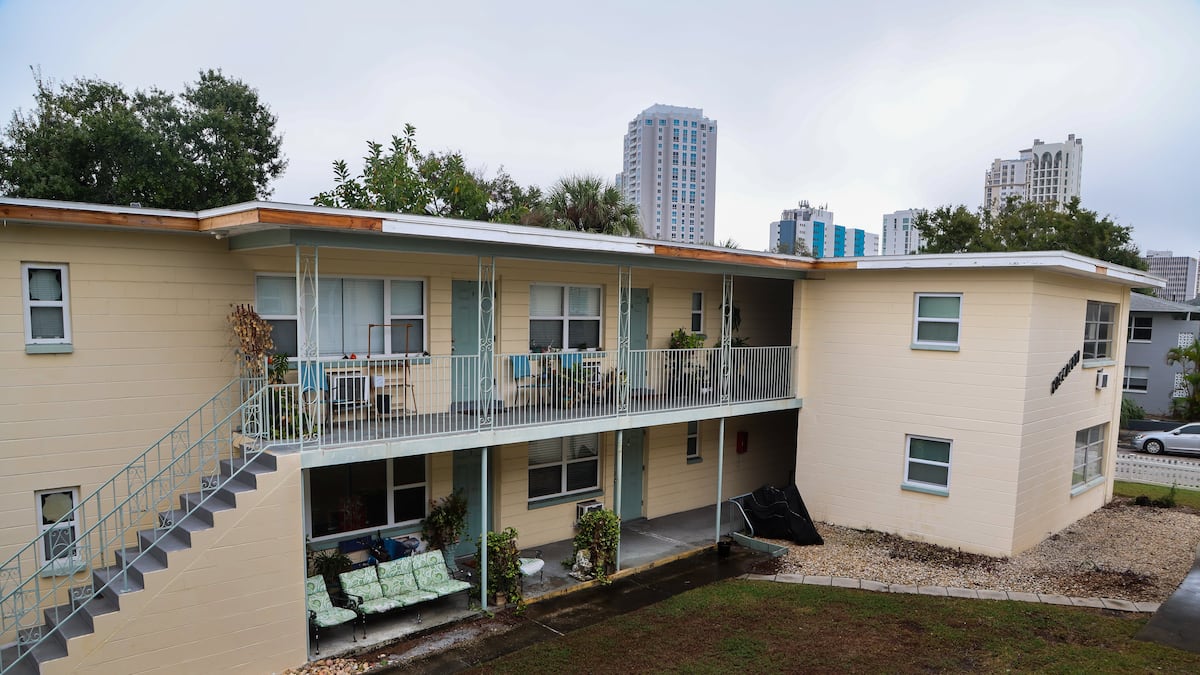M
ayor Eric Adams acknowledged concerns about his focus on housing policy, saying "I think this is going to be a real part of a legacy and history that, no matter what they throw at us, we're going to land the plane." He was referring to federal corruption charges against him. The City Council had made changes to the City of Yes for Housing Opportunity policy, reducing its impact by 20,000 homes. Parking minimums were eliminated in Zone 1, reduced in Zone 2, and preserved in Zone 3.
The administration emphasized that the modifications did not eliminate major components of the policy. First Deputy Mayor Maria Torres-Springer said the changes reflected community concerns, while City Planning Director Dan Garodnick called them "thoughtful." Adams noted that negotiations were responsive to community feedback, saying "I never go into negotiations expecting to walk away with everything I want."
The approved policy includes a $5 billion commitment for housing and infrastructure, with $1 billion from the state. Developers see it as a victory, with Real Estate Board of New York President Jim Whelan calling it a "good day" for mixed-income rental housing. The City of Yes will leave most of Manhattan without parking minimums, while reducing requirements in other areas.
Council member Kevin Riley defended preserving some parking mandates, saying planning should reflect the actual built environment of neighborhoods. He argued that residents in areas with limited public transportation should not be penalized further. The Universal Affordability Preference was changed to require deeper affordability and a smaller density bonus, making it less appealing to developers.
The administration estimates that the changes could add 80,000 housing units over 15 years, instead of the original 109,000. Some critics saw the modifications as an acquiescence to suburban opponents at too great a cost. Brooklyn Borough President Antonio Reynoso criticized the exclusion of single-family zoning districts from backyard accessory dwelling unit legalization.
The final vote is scheduled for December 5, and the policy's impact will take time to be felt.













